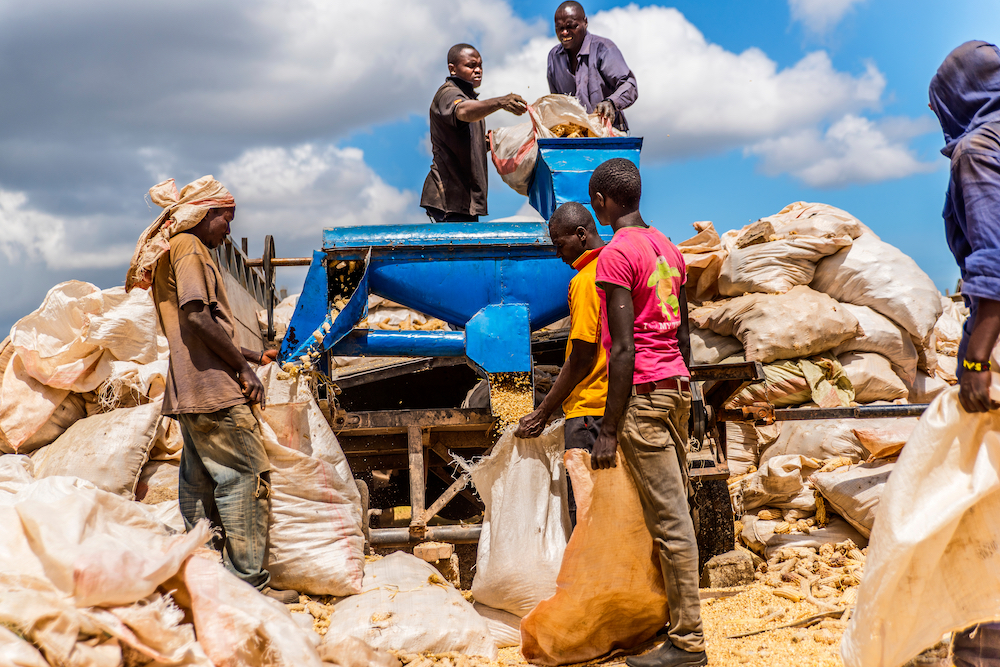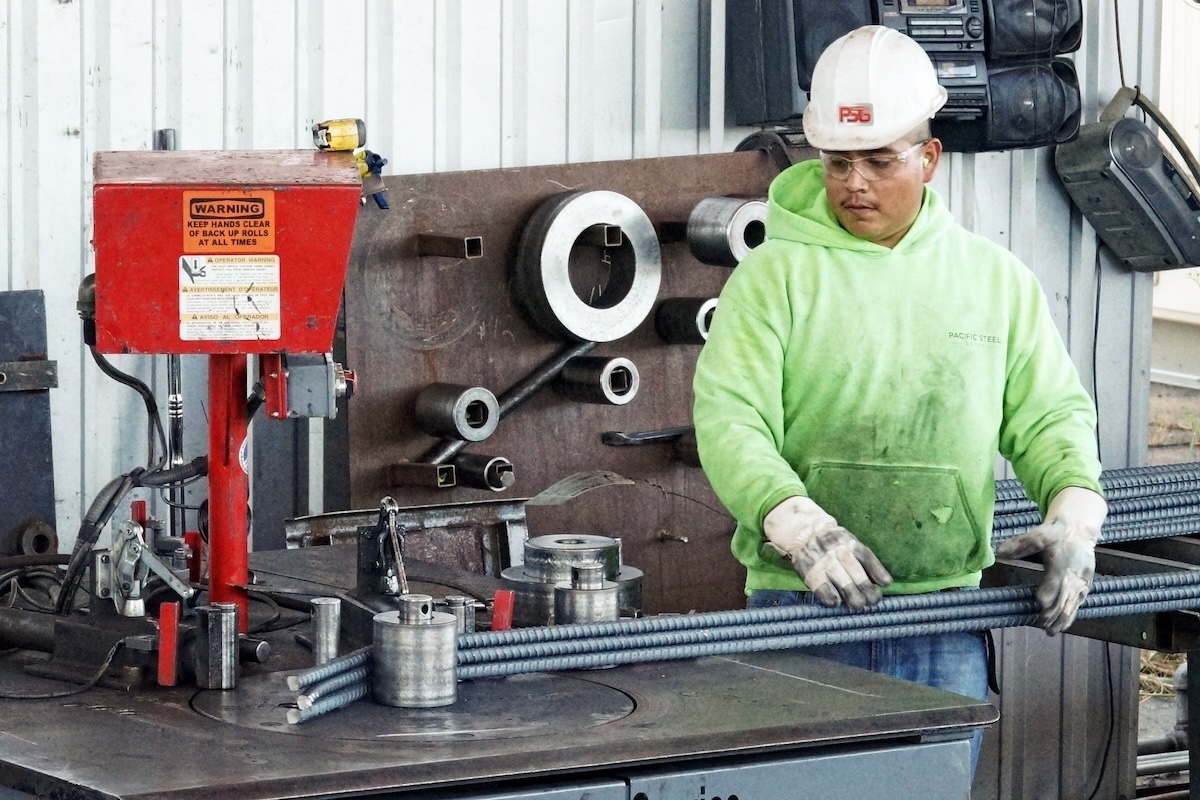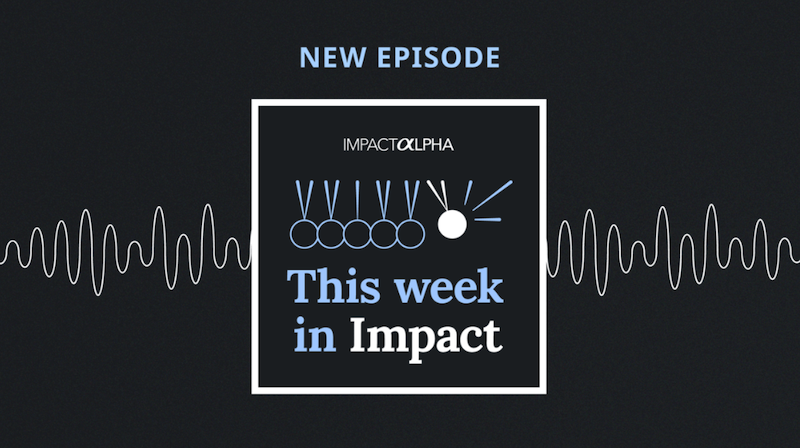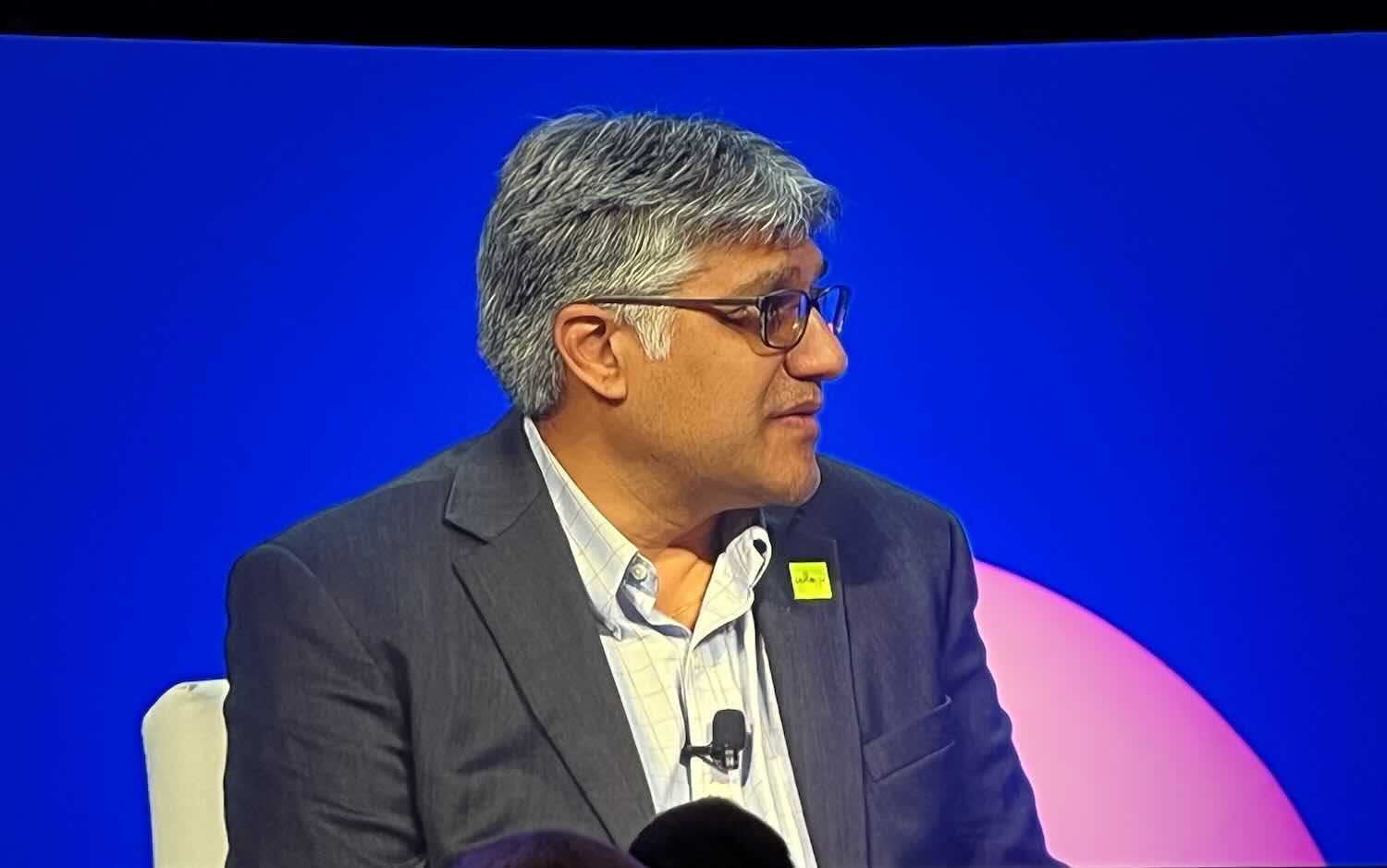ImpactAlpha, Sept. 8 – In well-functioning capital markets, expected returns on investment match the risk. In the fragmented agricultural markets of sub-Saharan Africa, risk in lending to small and midsize enterprises is perceived to be twice as high as other sectors, while returns are 4-5% lower.
Aceli Africa and Dalberg, which analyzed more than 9,000 transactions totaling $3.7 billion from 31 lenders, found the mismatch is creating an annual $65 billion financing gap for small farmers that translates to fewer jobs and reduced food security and inclusive development across the continent.
A financing model from Aceli is looking to turn tens of millions of dollars in donor capital into hundreds of millions in lending by mitigating risks and boosting the returns for lenders to the least-served and most impactful African agribusinesses.
Aceli Africa raises $27 million to boost lending to agribusinesses in East Africa
“We’re providing a subsidy to the lender so that they can earn an acceptable return to serve these businesses,” Brian Milder, who left Root Capital to start Aceli, told ImpactAlpha. ”The cost of that subsidy in the short term is a fraction of the direct impact that’s created.”
- Catalytic capital. To make high-impact agribusinesses more attractive to lenders, Aceli will provide lenders with a first-loss cushion of 2-8% for loans to borrowers that meet targets for gender inclusion, food security and nutrition, or climate resilience. The vehicle will also compensate lenders for the lower revenues and higher costs of originating loans to new, high-impact borrowers. “We’re using the data to calibrate the optimal amount of subsidy that’s required,” says Milder. Nine global social lenders and another 15 East African banks and nonfinancial institutions that have applied to participate.
- Market building. “If you go to Detroit, or the Mississippi Delta, and you see JPMorgan, or community development finance institutions lending there, they’re not doing it on a commercial basis,” says Milder. The Community Reinvestment Act and other various state and federal incentives make it possible for lenders to earn a return. “We’re trying to develop an analogous model for lending to agricultural SMEs in East Africa.”
- Farmer financiers. Last month, a coalition of philanthropic investors stepped up to lend $20 million in subordinated debt to smallholder lender One Acre Fund with the goal reducing investment risk for institutional investors. USAID is providing the bulk of the capital for Aceli at launch. Other smaller donors include Good Energies Foundation, Mulago Foundation and IKEA Foundation. MacArthur Foundation, Ceniarth and Omidyar Network, the U.K.’s DFID and USAID were among Aceli’s design stage funders.












